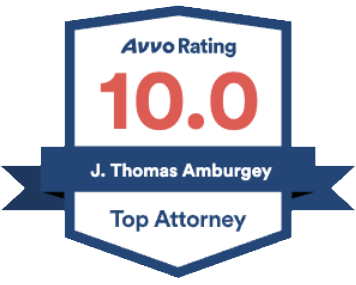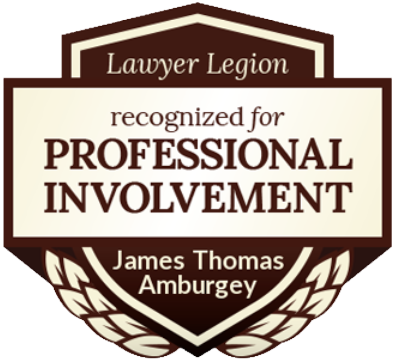Violation of Domestic Protective Orders in North Carolina
A violation of a domestic protective order is treated with zero tolerance in North Carolina. Whether the order was temporary or final, any breach—intentional or not—can lead to immediate arrest, mandatory jail time, and collateral consequences that ripple through your personal and professional life. If you're facing this charge, you need an experienced criminal defense lawyer who knows how to challenge both the facts and the assumptions behind the accusation.
What Is a Domestic Protective Order?
In North Carolina, a Domestic Violence Protective Order (DVPO)—also known as a 50B order—is a civil order that restricts contact and behavior between individuals in a personal relationship. The court may prohibit the accused from:
- Visiting the petitioner’s home, school, or workplace
- Communicating by phone, text, or social media
- Possessing firearms
- Returning home, even if jointly owned
Violating this order becomes a criminal offense, even if the original protective order was civil in nature.
What Constitutes a Violation?
Common allegations include:
- Showing up at the petitioner’s location
- Attempting indirect contact (via friends, gifts, etc.)
- Social media interactions
- Driving past a restricted location
Even if the petitioner initiates contact or invites the accused to communicate, the burden to comply still rests solely on the person subject to the order.
Penalties for Violating a 50B Order
- Class A1 misdemeanor: Up to 150 days in jail for a first offense
- Felony charges: If the violation involves assault, a weapon, or a repeat offense
- Immediate arrest: No warrant is required for law enforcement to detain someone for a suspected violation
- Federal firearm restrictions: May be triggered by violation
These charges often move quickly, leaving defendants little time to prepare. That’s where seasoned trial counsel matters.
State vs. Federal Implications
Most violations are charged under North Carolina law, but federal charges may arise if the accused possesses a firearm while under a DVPO or if the violation involves interstate activity. Federal prosecution may result in additional felony exposure under 18 U.S.C. § 922(g)(8).
Thomas Amburgey is actively building his federal defense practice, and his state-level litigation background makes him particularly effective in defending crossover domestic violence cases.
What Clients Need to Know
- Protective order violations are criminal offenses, even without violence
- The accused must comply, even if the other party initiates contact
- Jail time is likely for repeat offenses or aggravated violations
- Firearm possession while under a 50B order may lead to federal charges
Experienced Defense When Compliance Isn’t Clear-Cut
Protective orders are often vague and emotionally charged. Miscommunication or misunderstanding can lead to criminal charges, and a single text could mean jail. Thomas Amburgey, a former prosecutor and Board Certified Criminal Law Specialist, understands the nuances and consequences of these allegations. He can fight for dismissals, reduced charges, and restoration of your rights.
Call now for a confidential consultation.
Recent Articles


CERTIFIED LEGAL SPECIALIST

THE LEGAL ELITE

Best Lawyers in America





